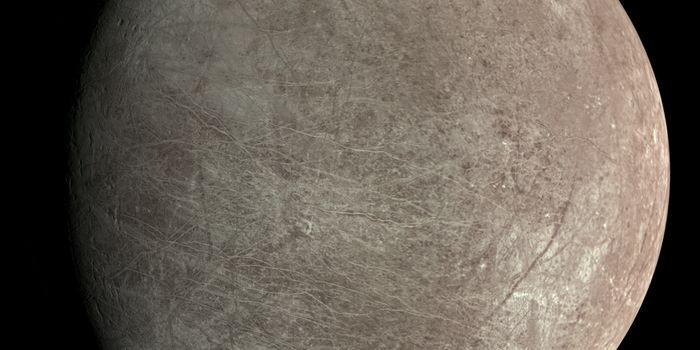The Next Frontier for Clean Water - Electrochemical Wastewater Treatment
Clean water is required for all life on earth, including our own. But we have been steadily depleting the amount of clean drinkable water that we have access to over the centuries. We create contaminated water in many different ways. By flushing the toilet, we wash sewage filled with bacteria, pharmaceuticals, and organic matter to wastewater treatment plants. Industries pull water from streams, to cool industrial processes or wash things away, then return polluted water to streams. Agriculture washes pesticides and fertilizers into waterways. We must treat most of our water once we have polluted it to make it safe for us to drink and bathe.
Current processes for treating water usually consist of the addition of chemicals to cause suspended particles to come out of suspension and coagulate, the settling of sediment, and intense filtering or adsorption. In the last decade, electrochemical processes have become more feasible for at least parts of the water treatment process. Rather than use chemicals to cause flocculation (a technical word for clumping) and sedimentation, electricity can be used for many compounds. Adding energy in the form of electricity causes the chemicals in the water to change form, some of which may settle out, be more easily removed, or be rendered inert. As electrochemical methods advance in preventing water pollution, understanding total suspended solid is crucial. These particles can affect drinking water quality and efficacy of treatment methods.
Different electrochemical methods have been developed to destroy, oxidize, reduce, float, magnetize, and deposit molecules suspended in water. Some more complex suspended pollutants would require regularly replaced anodes made from specific materials that are not yet economically feasible. However, even replacing only the pretreatment step of coagulation would be more effective and cheaper than current traditional chemical methods.
All this recent research has sparked a number of water treatment companies that are looking to capitalize on the new technology. While it is still relatively new, and more research needs to be done to scale this technology up, when paired with renewable electricity, electrochemical water treatment could be a sustainable solution to many water pollution problems. Scientists have already proven the concept with human urine, so the challenge is now one of scale and logistics. There is hope for the future of this technology.
Sources: Electrochemical Society Transactions, Environmental Science and Technology, Journal of Amasya University, UCLA









